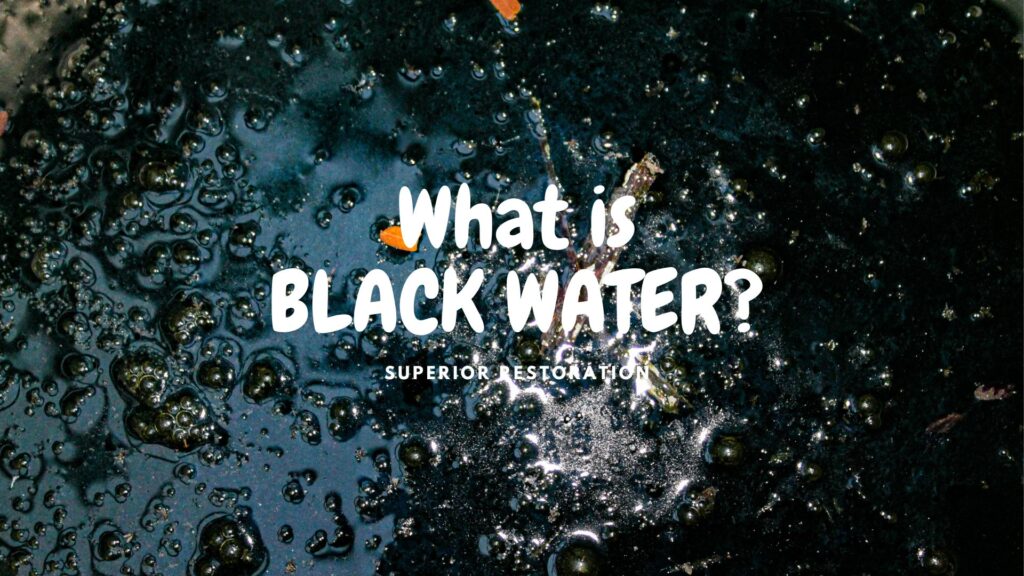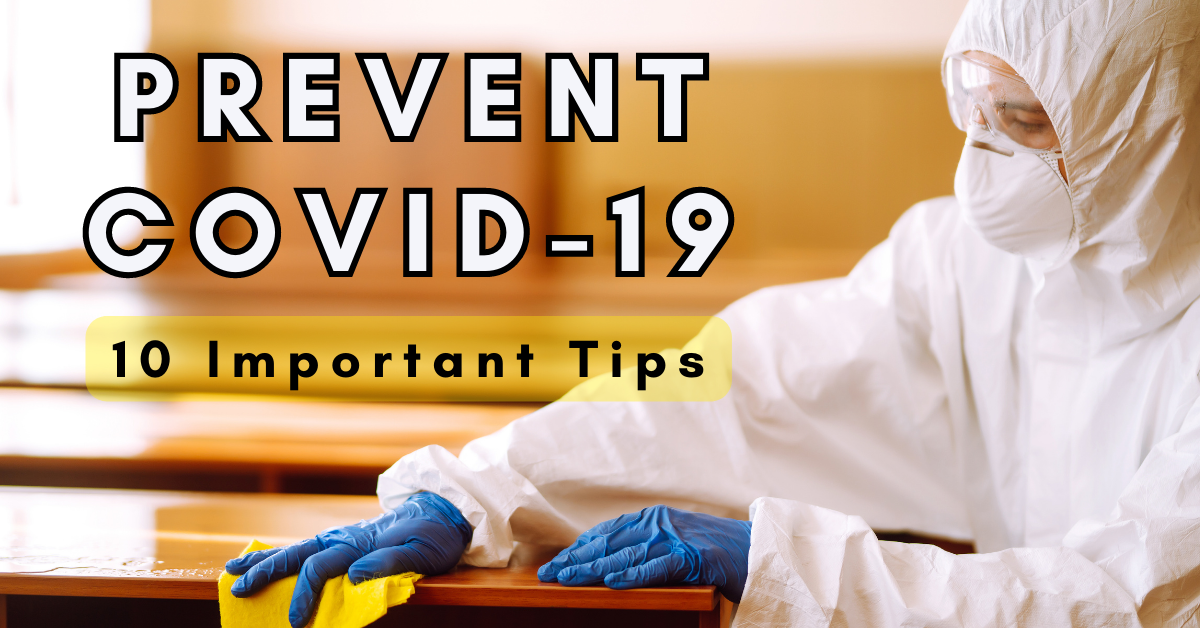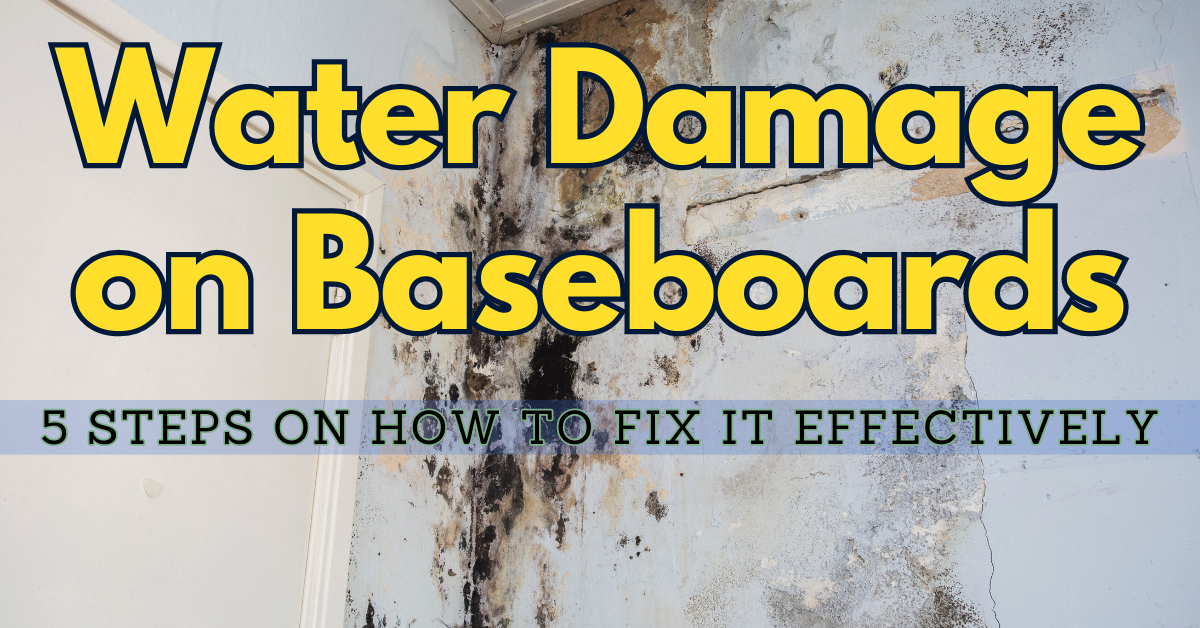
What is Blackwater?
Blackwater refers to the wastewater generated from domestic sewage and industrial processes, such as washing machines and other manufacturing facilities. It contains a variety of contaminants, including human waste, chemicals, and organic matter, making it unsuitable for direct consumption or release into the environment without proper treatment. Blackwater treatment is essential for protecting public health and the environment.
The Importance of Blackwater Treatment
Blackwater treatment is critical for ensuring that clean water is available for human consumption and environmental sustainability. The untreated wastewater contains pollutants and disease-causing pathogens that can pose a serious risk to public health and the ecosystem. Therefore, it is crucial to treat blackwater before it is discharged into the environment.
Wastewater treatment facilities use a series of physical, chemical, and biological processes to remove pollutants and contaminants from the wastewater. The treatment process begins with the removal of large solids and debris, followed by a series of biological and chemical treatments to remove organic matter, nutrients, and pathogens. The final stage involves disinfection, which kills any remaining bacteria and viruses, making the water safe for discharge.
Domestic wastewater from residential and commercial sources, such as homes, schools, and offices, is the primary source of blackwater. Domestic sewage contains human waste, food waste, and other organic matter, which can quickly become a breeding ground for disease-causing bacteria and viruses. Proper treatment of domestic wastewater ensures that these pollutants are removed, making the water safe for discharge into the environment.
Water Damage: 3 Categories
Water damage can occur in various ways, and the type and severity of the damage depend on several factors, such as the source of the water, the duration of exposure, and the affected materials. Here are the three categories of water damage:
-
Category 1 – Clean Water Damage: This type of water damage occurs due to clean water sources, such as broken pipes, overflowing sinks, or rainwater. Since the water is clean, it doesn’t contain any contaminants, making it the easiest to clean up. However, if left untreated, clean water can become contaminated and transform into category 2 or 3 water.
-
Category 2 – Grey Water Damage: Grey water damage is caused by water that contains some level of contamination, such as water from washing machines, dishwashers, or toilet overflow. Grey water may contain bacteria, viruses, or other harmful microorganisms that can cause illness or infections. This type of water damage requires professional cleanup and disinfection to avoid further contamination.
-
Category 3 – Black Water Damage: Black water damage is the most severe type of water damage and occurs due to water from sewage backup, floodwaters, or water from natural disasters. Black water contains hazardous materials like chemicals, bacteria, and fungi, making it dangerous to human health. Blackwater requires immediate and thorough professional cleanup and disinfection to prevent further damage and avoid health hazards.
It’s important to recognize the type of water damage you’re dealing with to ensure proper cleanup and minimize the risk of further damage and health hazards.
Water Damage Restoration Services
 What is blackwater? Read the article above to answer issues regarding the third category of water damage. Water damage restoration is essential in dealing with blackwater or wastewater damage. The professionals are trained and equipped to handle the cleanup and restoration process, ensuring that the affected areas are safe and free from contaminants. By hiring water damage restoration professionals like Superior Restoration, you can minimize the risk of further damage and protect the health and safety of your home or business. Please call Water Damage Irvine, today!
What is blackwater? Read the article above to answer issues regarding the third category of water damage. Water damage restoration is essential in dealing with blackwater or wastewater damage. The professionals are trained and equipped to handle the cleanup and restoration process, ensuring that the affected areas are safe and free from contaminants. By hiring water damage restoration professionals like Superior Restoration, you can minimize the risk of further damage and protect the health and safety of your home or business. Please call Water Damage Irvine, today!




